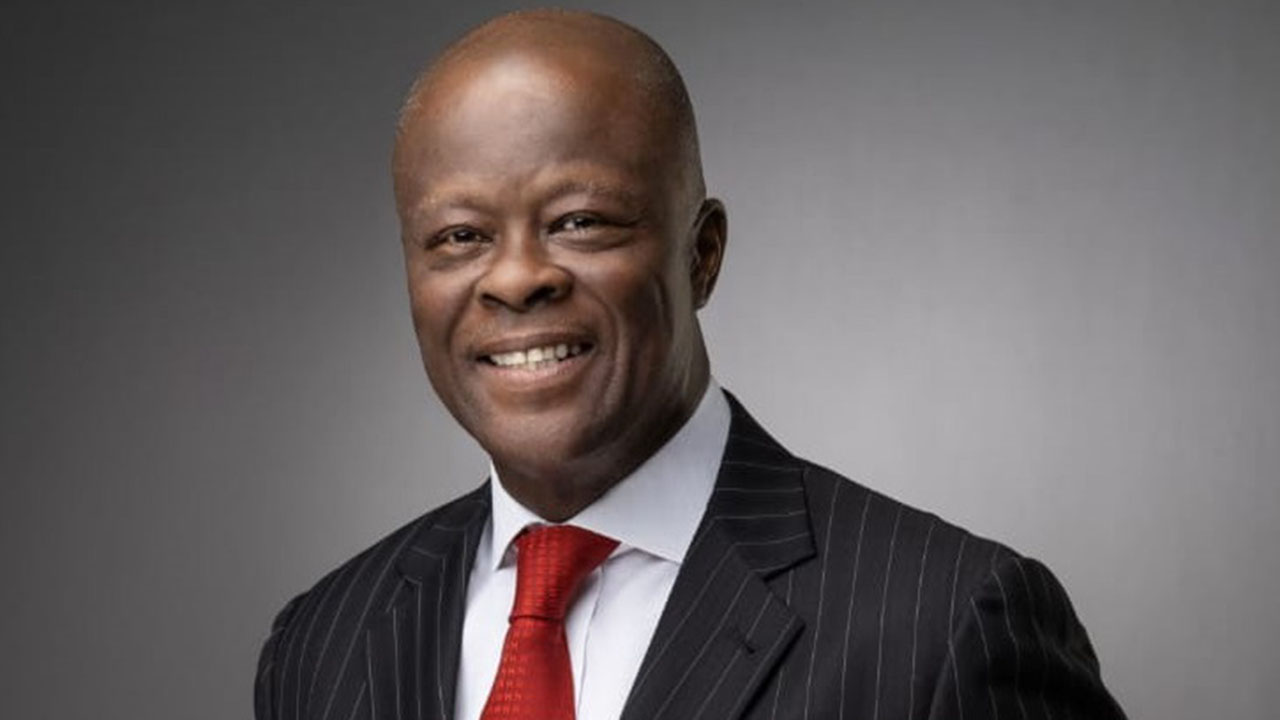
It also said a non-debt and equity financing mechanism that does not require payments of interest is the only way to solve the fiscal exhaustion experienced in the country.
The Minister of Finance and the Coordinating Minister of the Economy, Wale Edun, disclosed this in a keynote at the first annual Securities Exchange Commission Nigeria international forum on the non-interest capital market held on Wednesday in Abuja.
Earlier, the Director General of the Securities and Exchange Commission, Lamido Yuguda, revealed that Nigeria makes up only $2.9bn representing 0.9 per cent of the estimated size of $3.25 trillion of the Islamic finance global market industry, which indicates the dire need for more growth.
He added that with the country boasting a large population and a significant proportion of unbanked, the long-term potential for Islamic finance in Nigeria is immense.
“In Nigeria, the Islamic finance segment of the financial industry reached an estimated size of $2.9bn as of the end of 2022, with outstanding sukuk forming the largest part at 57 per cent, followed by Islamic banks at 42 per cent (total assets), and the remaining 1 per cent split between Islamic funds (total assets) and takaful (total contributions).
“This shows that the Nigerian market makes up just 0.9 per cent of the global non-interest market, indicating the dire need for more growth. With the country boasting a large population and a significant proportion unbanked, the long-term potential for Islamic finance in Nigeria is immense,” Yuguda stated.
In response, the finance minister reaffirmed the government’s commitment to fine-tuning sustainable forms of financing in line with the global climate action agenda, as well as the participatory opportunity provided by equity and non-interest finance
He said, “Non-interest financing is a critical part of funding and that is because as we all know, we are faced with three crises right now which are the climate, and biodiversity.
“But there is also a debt crisis in major countries and of course, the available solution is non-debt, equity and financing mechanisms that will eliminate the pains of paying interest on loans. Rather, it is better to have a participatory opportunity that equity and non-interest finance gives.
“And so what we are saying here is a critical piece of the solution to the crises of the world currently, including the fact that for the rapid and inclusive growth this administration desires, we need to have green projects so we don’t only need to have projects funded by equity.
“As we all know, our debt service levels and revenue to debt service ratio are so high and currently constrained. There is fiscal exhaustion in many parts of the world and there is also a need to finance green projects. So the only way to grow our economy is not just relying on foreign direct investments, and domestic investments but tap into the world of non-interest financing.”
Continuing, the DG said that the Non-Interest (Islamic) Capital Market in Nigeria offers a distinctive platform for ethical and Shari’ah-compliant investments.
He noted that since Nigeria’s first Sukuk issue in 2017, the Debt Management Office has raised almost N1 trillion to finance over 5,000 kilometers of important roads and bridges which were oversubscribed.
Yuguda added that Nigeria could become one of the world’s leading Islamic finance jurisdictions if low awareness, unified regulations, and the lack of laws that boost legal certainty and clarity are resolved.
He also said that with the country’s current problems with foreign exchange funding, the non-interest finance market should be looked at to bring in more foreign currency.
He said, “The non-interest capital markets have a huge role to play in the current economic program being pursued by this administration. We believe that the country’s economy cannot reach its target size without a lot of investments in critical infrastructure. Nigeria has the potential to join the league of global Islamic finance jurisdictions if we could address issues, such as inadequate awareness, regulatory harmonization, and enactment of legislations that enhance legal certainty and clarity similar to what prevails within the conventional financial architecture.”
In his remarks, the Secretary-General of the Islamic Financial Services Board, Dr Bello Lawal Danbatta, stressed that the non-interest finance industry can capitalize on a multitude of available opportunities.
He added that non-interest and Shariah-compliant financial institutions possess significant potential for effectively addressing emergent challenges and maintaining their relevance amidst dynamic landscapes.
The PUNCH reports that the highlight of the event was the signing of a memorandum of understanding between the SEC and IFSB.





